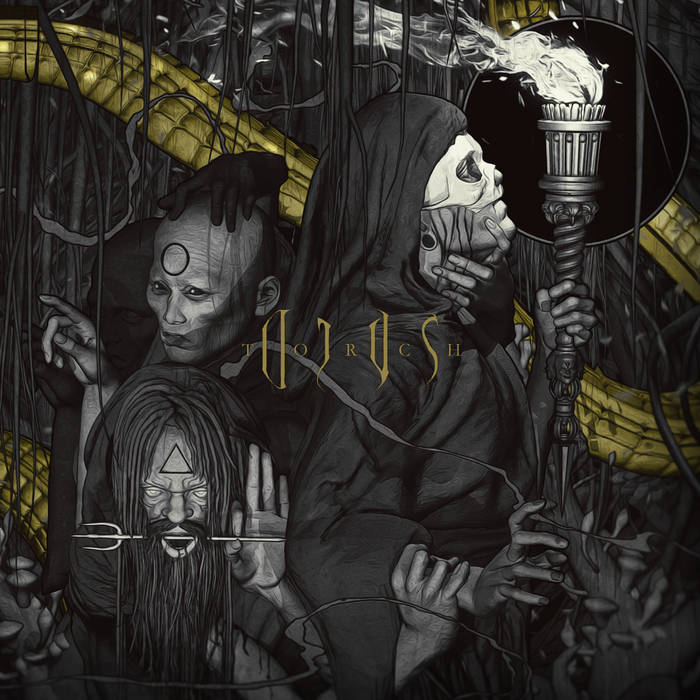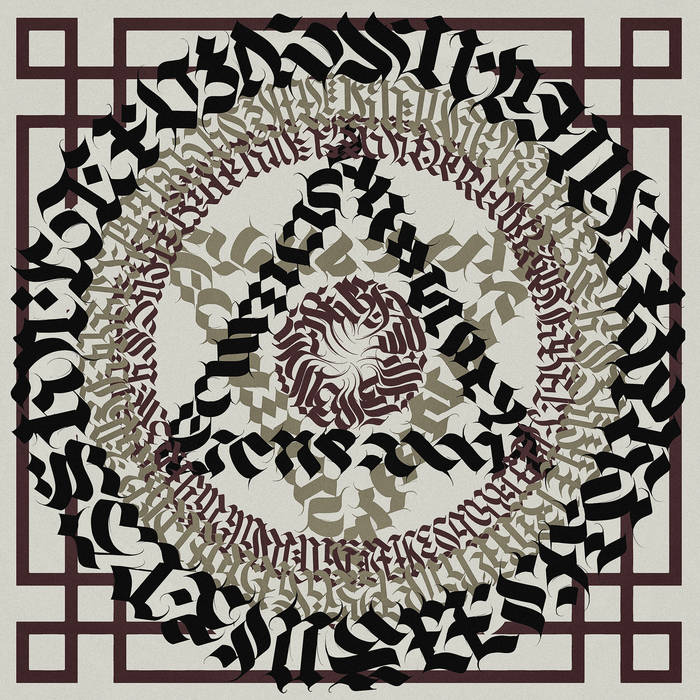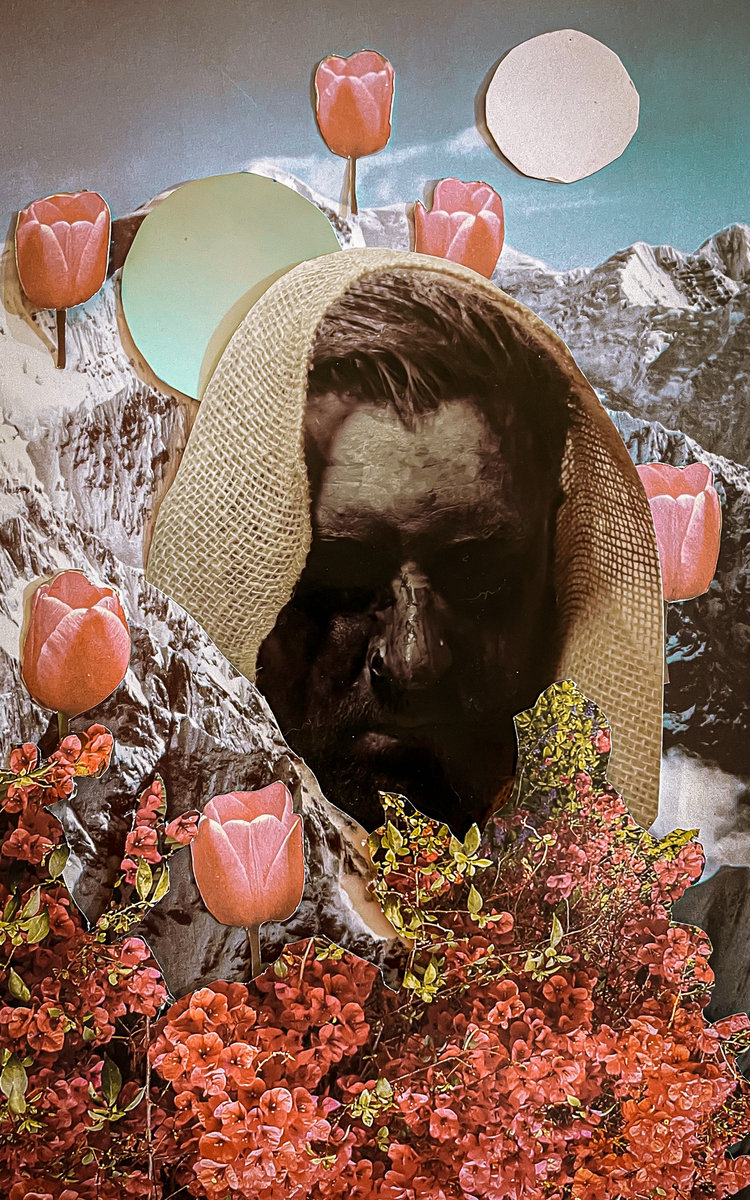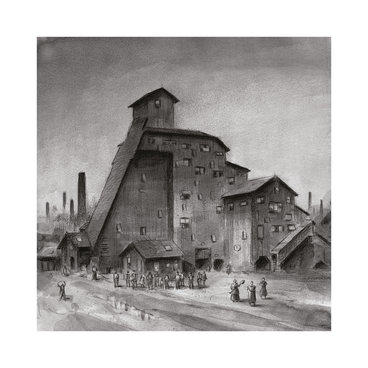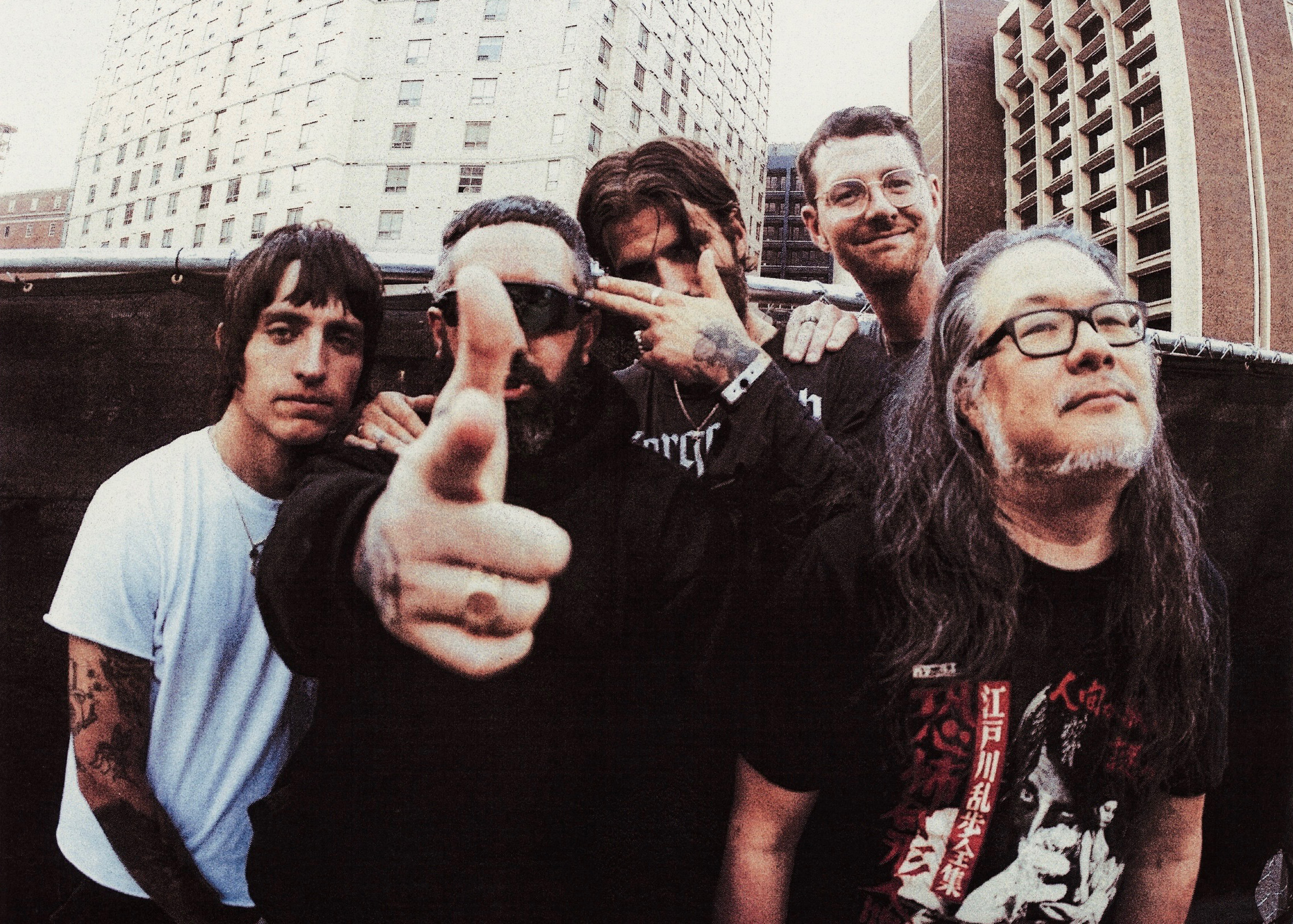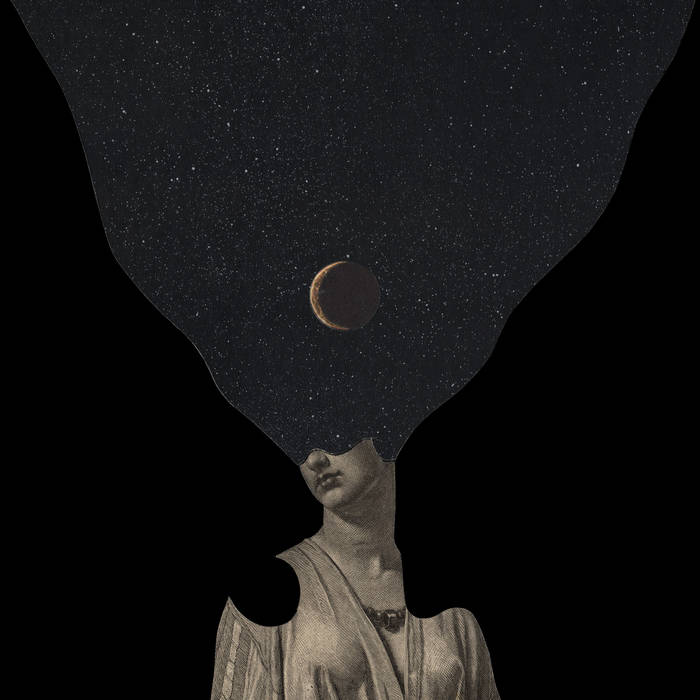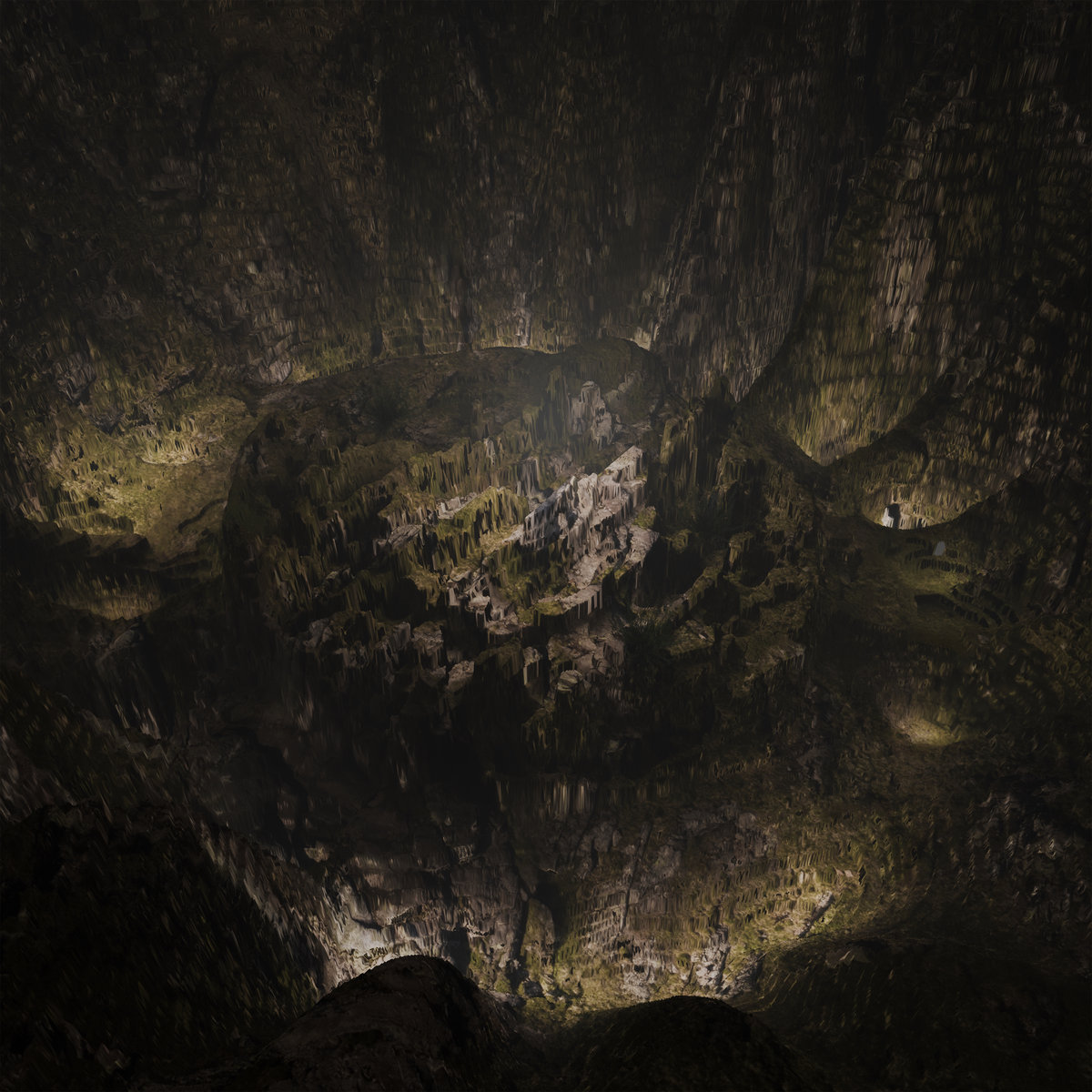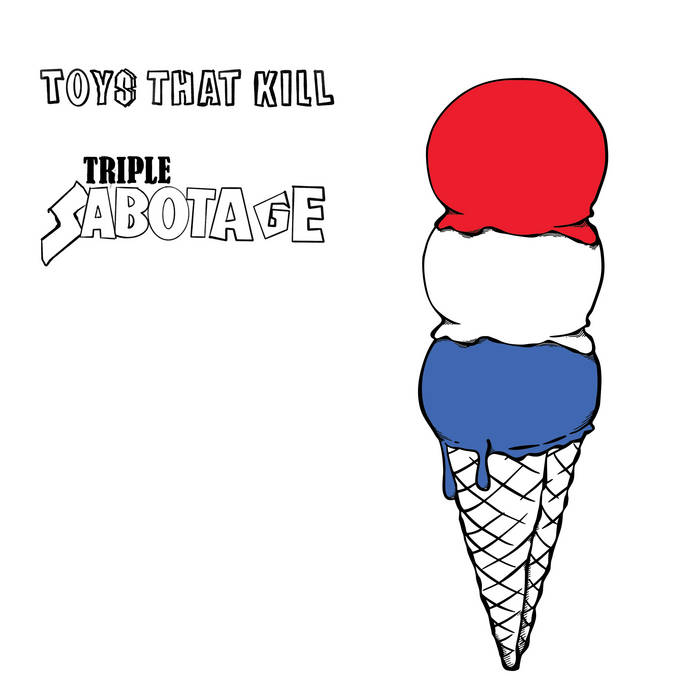After twenty-odd years can we just call a band´s music classic Atmospheric Sludge Metal and stop the name dropping of the bands whose shoulders they stand on? We all know who those bands are, therefore I think we can. One of the frontrunners of this metal genre once answered when he was asked if it was a good tag for a metal genre, ”At least we know what we are talking about”. So let´s talk about this magnificent and diverse new release in this genre by the Italians Otus.
We know that when using this tag on the genre, we will experience music that brings us further as listeners and sometimes into new philosophic landscapes if it is done as well as it is on this album. For this is, as their previous album, a concept release. The previous release, 7.83Hz 2016, was an hour-long strong release revolving around the frequency of 7.83 HZ, also called “Buddha´s frequency”, but which also is a measurement for the Earth´s magnetic field. On this new album they go deeper into the mystic Georges Gurdjieff´s “Fourth Way” that awakening one’s consciousness unites the methods of the Fakir, Monk and Yogi. As the band explains it: ”The ‘Torch’ is therefore an allegory on illumination through a work on our darkest and deepest self, where its fire will constitute the alchemical catalyst capable of deconstructing, purifying and then coagulating our new synthesis.”
As other bands have shown before, this genre is perfect for building around the DNA of a concept. The album opens with ”In Tenebris”, intentional or not it is also the title of a poem by Thomas Hardy, a Latin phrase meaning “In the darkness”. It is a short instrumental track with static electronic charges of sound, descending into darkness - surrounded by industrial sonics leaving space for the heavy and dense opening of ”Through the Flesh”. This is a heavy song throughout which the tempo is mostly as slow as Funeral Doom with heavy, sludgey guitars riffing gargantuanly forwards with hoarse-growling vocals. An ebbing and flowing melody surrounds the powerful and deep riffing with small changes in tonality. This conjures a dense gloomy atmosphere until the pace increases with a tremolo guitar rising in the spheres above the many deep layers. There is a low fuzz section before the gloom fades away ushered by a deeply growling bass and shimmering synths with guitar before fading away into the next song.
”The Vessel” is a fascinating and visionary composition as it opens with a heavy bass surrounded by industrial sounds and fuses into a slow pacing rhythm still with the high pitched sounds. Majestically, the aura of the music changes into hints of Eastern music as chanting and ethnic Eastern music instruments slowly appear and create for a deep resonance in the soundscape gliding forward. It then returns to heavy melodic post-metal and descends into the next song ”Apnea”. This is a showcase for cinematic atmospheric sludge metal with heavily-textured, distorted riffs, hoarse-growling vocals over some zestful drumming with a lull In the middle to stop hyperventilating a bit before the new part of massive melodic music rolls on.
The album closes with ”Ex Tenebris I” and ”Ex Tenebris II”, pointing upwards from out of the darkness. The first one has a long intro where the bass and drums form a steady base for the many instruments that flow in and out of the mix, sometimes with hints of said Eastern tonality. The tempo changes into staccato riffing with vocals before a dense riff lightens up the sky and the guitars glissade forward into a strongly-woven part. We hear sharp industrial sounds in the mix and clean vocals are chanting before the classic sludge is back. The second song is extremely beautiful as it has wide ranging structures. Heavy melodic riffing lays the structure for the song and some higher pitched guitar part embracing the riffs makes it expansive. It is, of course just like the other songs, multi-facetted as music as this always is. One listen is not enough, it takes many more before you grasp the magnitude of this song and all the album´s songs.
Even with two albums out Otus make an impact on the already massive Italian Post-Metal scene when they release this. Their first album was inspired by Timothy Leary’s quote Turn on, tune in, Drop out. This second found the inspiration in the works by Georges Gurdjieff. Both thinkers have inspired other artists, the last one such people as Robert Fripp, Kate Bush, Keith Jarrett and many others. But, as with nearly all great art, it is not necessary to know everything or anything about these thinkers to enjoy the music Otus has created. The band has carved out a music work of art that unfolds a sweeping panoramic canvas and stands firmly on its own legs.

